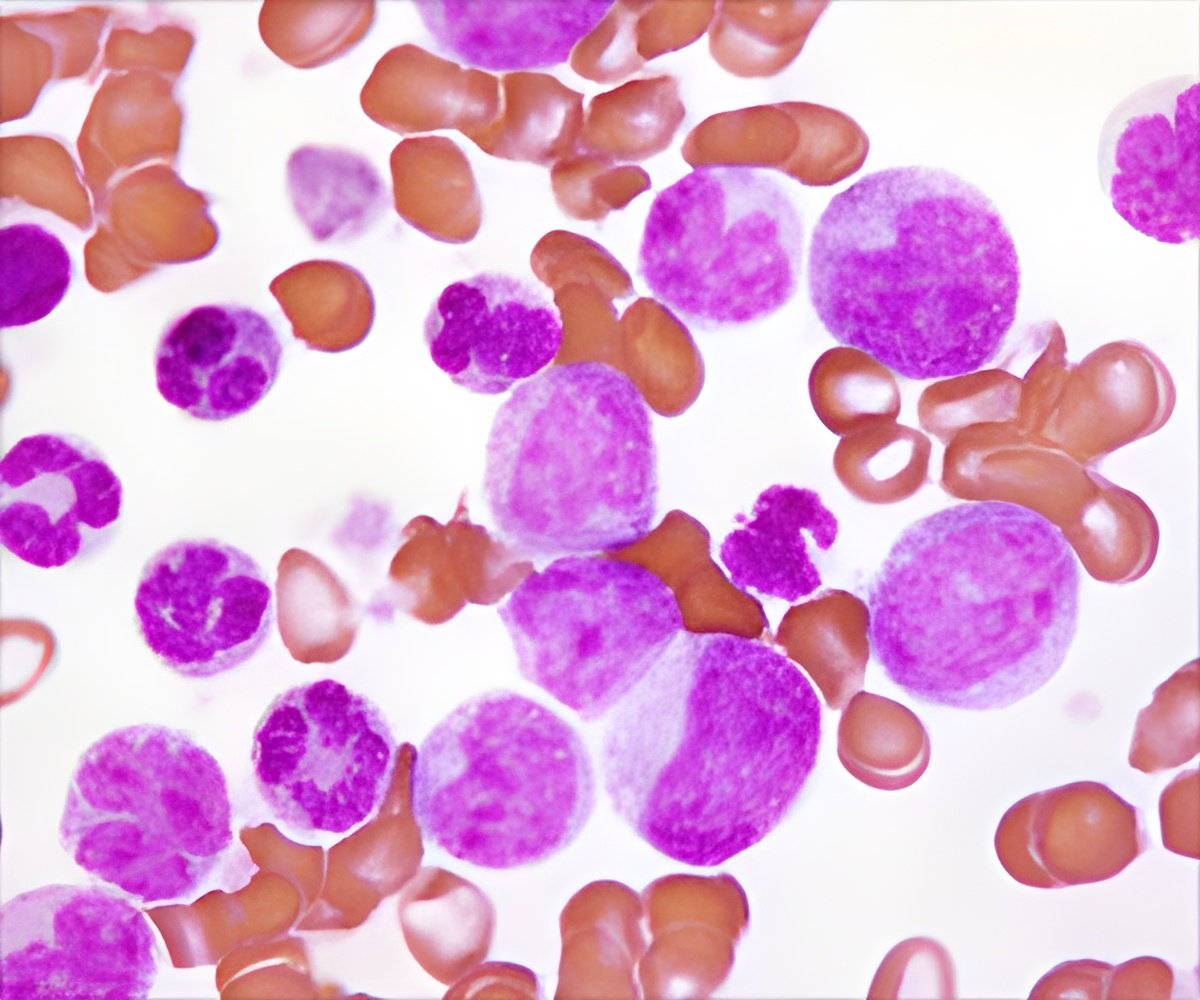Researchers have made a key discovery that gives an understanding of why some patients respond to ipilimumab, an immunotherapy drug, while others do not.

A report published online first today in the New England Journal of Medicine shows that in patients who respond to ipilimumab, their cancer cells carry a high number of gene mutations--some of which make tumors more visible to the immune system, and therefore easier to fight. The research was led by Vice Chair of Radiation Oncology and cancer genomics researcher Timothy Chan MD, PhD; oncology fellow Alexandra Snyder Charen, MD; and Chief of the Melanoma and Immunotherapeutics Service and the Lloyd J. Old Chair for Clinical Investigation Jedd Wolchok, MD, PhD.
"We are learning that there are few treatments that don't have some footprint in the cancer genome," says Dr. Chan. "For the first time, it might be feasible to develop a reliable diagnostic test to help guide treatment decisions by predicting who will respond."
Clinical trials of ipilimumab (YervoyTM) have produced practice-changing results for many types of cancer. The drug works by blocking a protein called CTLA-4, boosting the body's natural immune defense against tumors. Normally, CTLA-4 keeps the tumor-fighting activity of the immune system's T cells in check. In the presence of the drug, T cells are unleashed and their inherent ability to recognize and destroy cancer cells is enhanced.
For some patients, the drug shrinks tumors and significantly prolongs lives. Over the past decade, immunotherapy has signaled a scientific game changer. "We've spent much time and effort studying how to target the tumor. And we've only recently understood how to have the patient's immune defenses mobilized to treat the tumor. Immunotherapy is by definition how that happens," says Dr. Wolchok.
But the approach doesn't help everyone. In fact, about 80 percent of people with melanoma get little or no benefit from ipilimumab. And thus far, doctors have had no way of predicting which patients are more likely to respond to the drug.
Advertisement
The team collected tumor samples from 64 melanoma patients who had been treated with ipilimumab or tremelimumab, an experimental drug that works in a similar way. The tumors were analyzed by whole-exome sequencing, a method that deciphers DNA changes across all parts of the genome that code for protein. About half of the tumors analyzed came from patients for whom the treatment had been successful and the other half from people who derived little or no benefit from it.
Advertisement
"This made us ask, 'What is the immune system seeing?" says Dr. Wolchok. "What is it about the mutational landscape of a tumor that helps the immune system recognize and attack it?"
Using sophisticated computational tools, the researchers were able to explore their data through the lens of immunology. They found that drug-responsive tumors share a certain type of mutation that makes cancer cells express new antigens--substances that T cells can detect and recognize as foreign to the body. The collaborative team responsible for these key findings also includes patients. "These advances would not have been made without the generosity of patients who consented to having their tumor tissue collected and analyzed," Dr. Snyder Charen concludes. "Dr. Wolchok and his lab members have spent many years banking samples, and it's an invaluable resource for research."
Eventually, these findings could translate into a diagnostic test to detect the mutations in melanoma patients. Results could help doctors and patients make more-informed treatment choices. In addition, the MSK team plans to investigate whether specific tumor mutations influence the effectiveness of other immunotherapy drugs. Dr. Chan says, "If we know a patient won't respond to ipilimumab, we may be able to identify other drugs that are more likely to be effective against this person's tumor."
Source-Eurekalert












